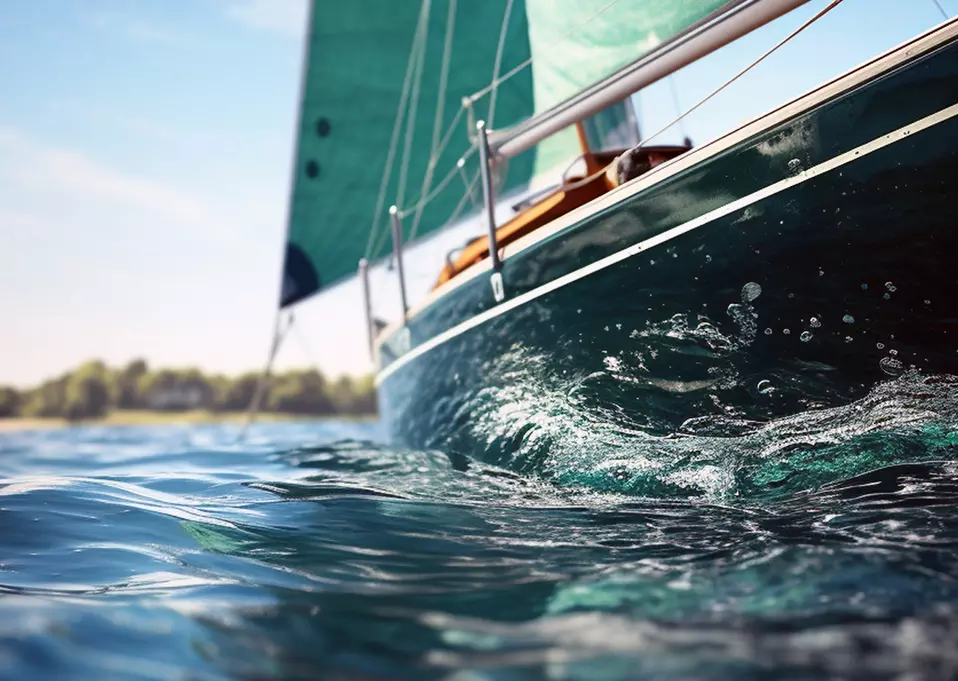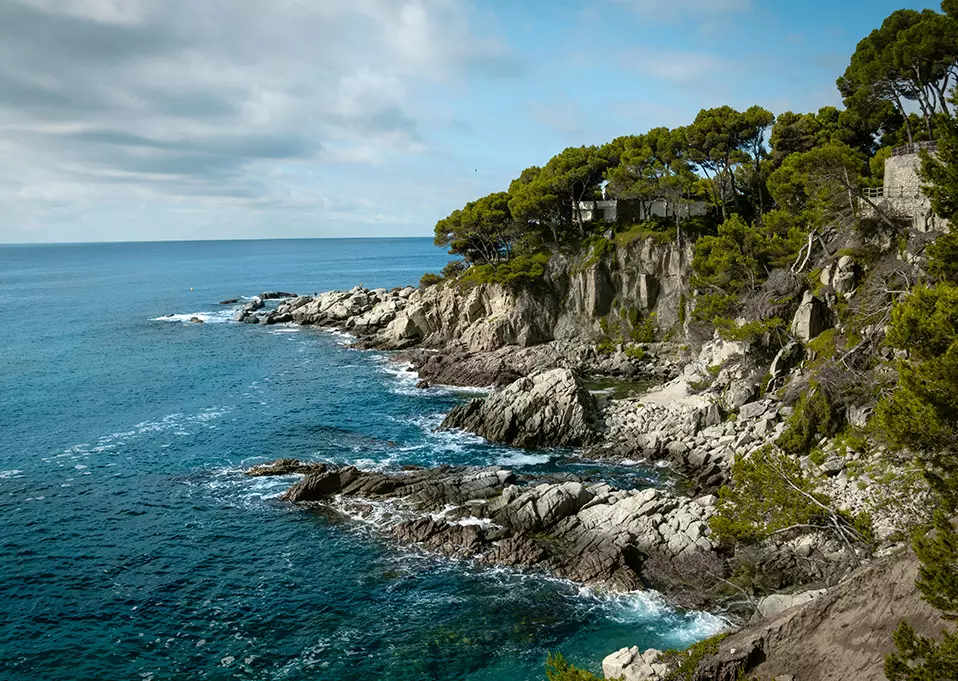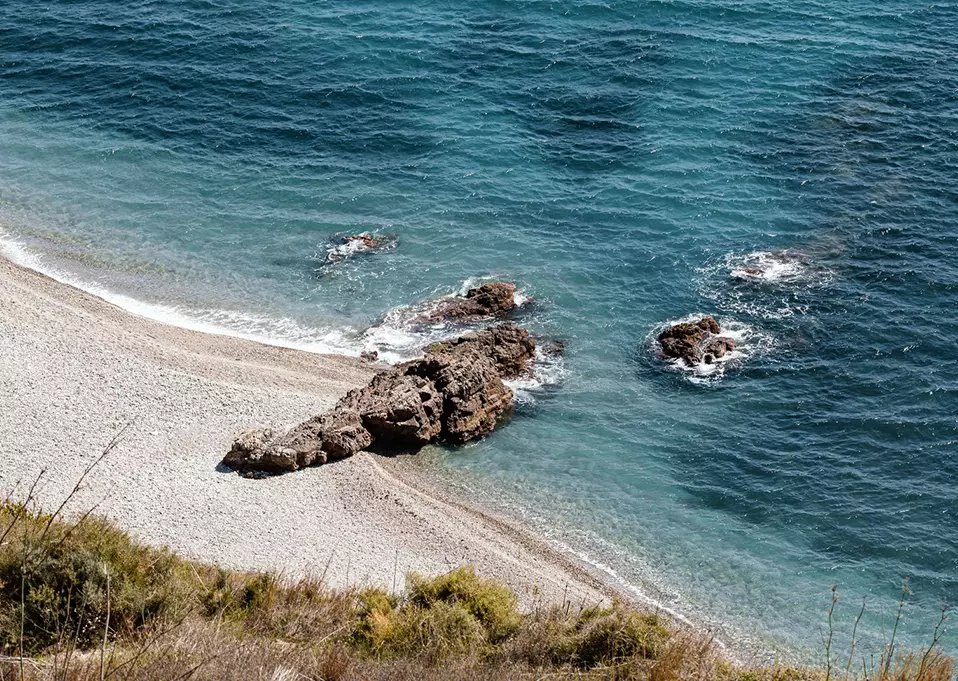
Sailing Sustainably: How to Reduce Your Environmental Impact on a Sailing Cruise
Sailing offers a unique experience, allowing you to immerse yourself in nature and enjoy the beauty of the sea. However, even this mode of travel, if not approached with awareness, can have repercussions on marine ecosystems. While much of ocean pollution comes from land-based sources, sailing boats can still leave a significant environmental footprint. Here are some effective strategies to make your cruise more sustainable and help protect the marine environment.
Minimizing Plastic Use on Board
Every year, millions of tons of plastic end up in the oceans, endangering marine life. During a cruise, it is essential to reduce the use of single-use plastics as much as possible by opting for reusable alternatives such as stainless steel bottles, food containers, and fabric bags. Additionally, ensure that all waste produced on board is collected and disposed of properly.
Choosing Eco-Friendly Cleaning Solutions
Many conventional cleaning products contain harmful chemicals that damage aquatic ecosystems. To clean your boat more sustainably, choose biodegradable and non-toxic products, avoiding those with phosphates or bleaching agents. Boat maintenance can also be made more eco-friendly: applying a layer of wax to the fiberglass hull can reduce the need for aggressive detergents, while opting for less toxic antifouling paints helps limit environmental impact.
Reducing Fuel Consumption
Efficient use of the engine can help lower costs and reduce pollution. Plan your cruise stops to maximize wind propulsion, limiting engine use to necessary moments. Keeping the engine in perfect condition and regularly checking the propeller improves efficiency and reduces fuel consumption.
Preventing Fuel and Oil Spills
Even small fuel spills can have devastating consequences for the marine environment. Pay close attention when refueling, avoiding overfilling tanks, especially in rough seas. Keeping absorbent cloths on board to clean up spills can prevent contamination.

Opting for Alternative Energy Sources
If possible, consider using electric or hybrid engines, which reduce emissions and noise pollution. Solar panels and wind turbines are also excellent solutions for generating clean energy on board and decreasing reliance on fuel.
Properly Managing Black Water Disposal
Boat sewage contains pollutants that can alter marine ecosystems and pose health risks. Use marina pump-out services to properly dispose of black water, and if your boat lacks a built-in toilet, consider installing a portable toilet with an eco-friendly treatment system.
Protecting Marine Life with Sustainable Food Choices
Overfishing is a growing threat to the oceans. When purchasing seafood at port markets, research sustainable sources and avoid overexploited species. If fishing during your cruise, follow local regulations and adopt responsible fishing practices.
Using Reef-Safe Sunscreens
Many sunscreens contain chemicals harmful to coral reefs and marine life. Choose products free from oxybenzone and octinoxate, opting for mineral-based solutions with non-nano zinc oxide or titanium dioxide, which offer protection without harming the marine ecosystem.

Supporting Eco-Friendly Initiatives and Businesses
Many players in the boating industry are taking steps to reduce their environmental impact, such as installing black water treatment stations in marinas or eliminating single-use plastics at nautical events. Supporting these initiatives and participating in volunteer activities for ocean conservation can make a difference.
Need more info? Send us an email at: info@nsscharter.com
For any information send us a message 


